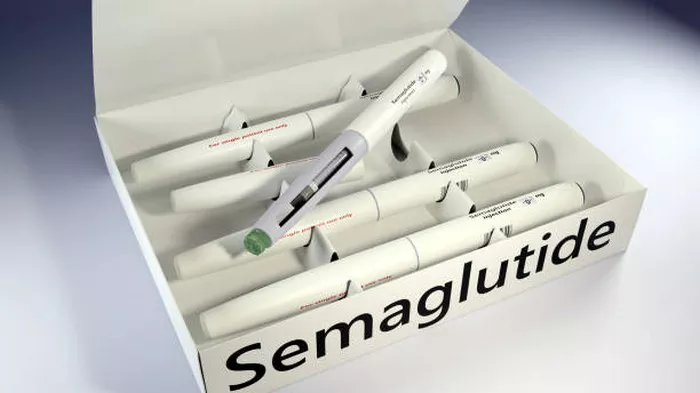In a significant shift, the demand for weight loss injections has surged dramatically over the past year, with online searches for the treatment soaring by nearly 4000% since January 2024. This trend is captured in new data from ZAVA, an online medical service and prescription treatment provider.
Weight loss injections, which target the GLP-1 hormone receptor, work by suppressing appetite, enhancing insulin production, slowing digestion, and reducing the liver’s natural sugar output. These mechanisms help individuals manage their weight more effectively.
Alan Li, a consultant surgeon and weight loss specialist based in Manchester, noted that weight loss trends are often seasonal, but the surge in demand for these injections since the previous year has been “astronomical.” Li described the increase as “exponential” by any measure.
Currently, the drug Ozempic, a GLP-1 agonist, is prescribed exclusively to individuals with Type 2 diabetes in the UK. However, Mounjaro, a similar drug, was approved by the NHS as a treatment for obesity in December 2024. The national rollout for Mounjaro is slated for April 2025.
Obesity is a major health issue in the UK, with over 31,000 deaths annually attributed to obesity-related conditions. A 2017 Health Express report highlighted that obesity-related health problems cost the NHS an estimated £6 billion annually, a figure expected to rise to £9 billion by 2050.
A recent survey revealed that 24% of people would opt for weight loss injections if available free of charge through the NHS, while 7% would consider purchasing them privately.
Li pointed out that there remains a significant stigma surrounding obesity, often linked to perceptions of laziness or personal responsibility for weight issues. He added, “Nearly every other country regards obesity as a disease, but the UK still views it through the lens of ‘lifestyle choice,’ as famously stated by Matt Hancock.”
The popularity of weight loss injections has skyrocketed on social media platforms like TikTok, where Mounjaro gained massive attention last year. Currently, 182,000 videos are dedicated to the topic. According to Li, the visibility of public figures such as Elon Musk and Jeremy Clarkson using these treatments has fueled widespread interest.
However, this surge in demand has not come without challenges. The introduction of Ozempic sparked supply shortages in both the UK and the USA in 2023, impacting access for diabetes patients. Diabetes UK has reassured the public that similar shortages will not occur when Mounjaro becomes available through the NHS.
While the long-term effects of weight loss injections are still being researched, the treatments have not been shown to cause significant health risks. Some patients report mild side effects such as nausea and bloating, but these are generally short-lived and linked to non-compliance with dietary guidelines.
Li explained, “Since last July, only 10% of patients have experienced side effects, and in all cases, these were mild and transient. Non-compliance with dietary requirements is the main factor contributing to side effects.”
Despite some risks associated with any medication, Li views weight loss injections as a valuable addition to comprehensive weight management plans, offering patients more options to take control of their health.
Dr. Crystal Wyllie, a medical professional at ZAVA, emphasized that, when used under proper supervision, weight loss injections can be a safe and effective tool for long-term weight management. “Growing awareness of these treatments is an encouraging development, helping to reduce stigma and empower individuals to seek the right support,” she said.
Related Topics:
Which Weight Loss Injection Is The Safest


